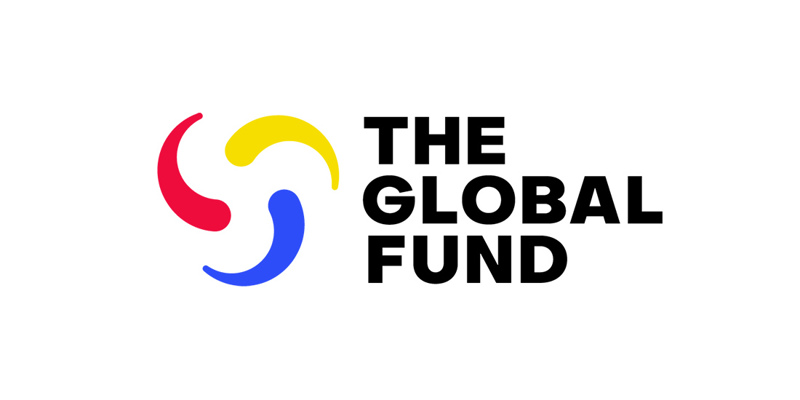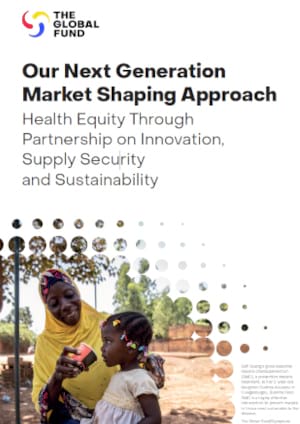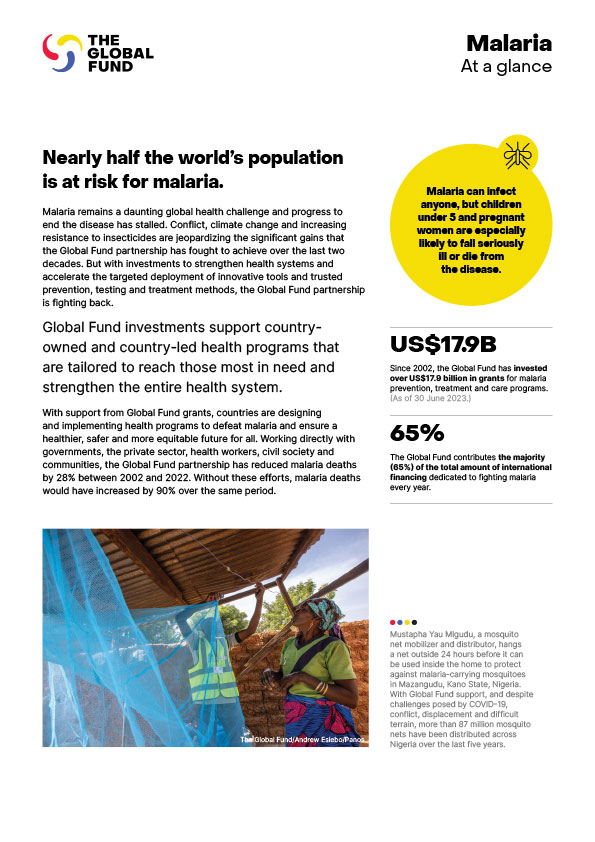The impact of COVID-19 on HIV, TB and malaria services and systems for health
13 April 2021
A snapshot from 502 health facilities across Africa and Asia
A new report by the Global Fund to Fight AIDS, Tuberculosis and Malaria provides a snapshot detailing the impact of COVID-19 on health service delivery for HIV, TB and malaria in 32 countries across Africa and Asia, and highlights the adaptive measures that health facilities adopted to counter the disruption to their services caused by the pandemic.
2020 was a year defined by COVID-19. The virus has forced countries into lockdown, ravaged the economy, plunged millions into extreme poverty, and increased instances of gender-based violence. To date, COVID-19 has infected more than 135 million people and killed over 2.9 million people. But the pandemic’s impact goes beyond direct infections and deaths. It has devastated systems for health and had a terrifying knock-on effect on some of the most deadly diseases across the world, including HIV, TB and malaria.
This snapshot provides an indicative update of how lifesaving HIV, TB and malaria programs and health service continuity have been impacted by COVID-19 across 32 low- and middle-income countries in 2020, and the extent of this disruption.
Disruption to these health services means that people are not being as widely tested, diagnosed, or treated for HIV, TB and malaria, threatening the gains that the Global Fund has made so far in the fight against these three diseases. Moreover, the availability of COVID-19 commodities like personal protective equipment (PPE) and diagnostic tests is critically low.
Yet there is hope. Adaptive measures adopted to counter the impact of COVID-19 on health service continuity are working, and the Global Fund needs more funding to scale up these innovative measures, protect health workers on the frontline and ensure the continuing delivery of lifesaving health services for HIV, TB and malaria across the world.







